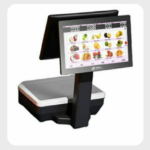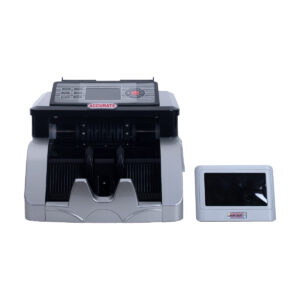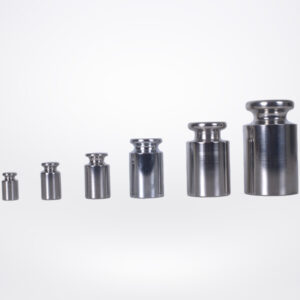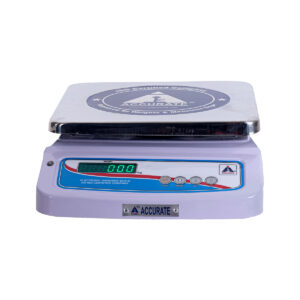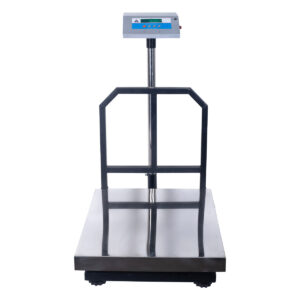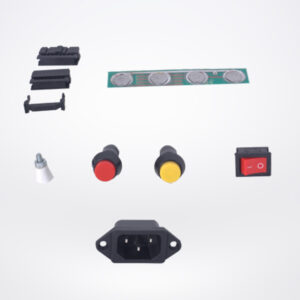Ensuring Fair Trade and Consumer Protection:
Metrology is significant in trade and commerce as the guardian of fair transactions and consumer protection. It helps to ensure that measuring instruments utilized in commercial transactions are producing accurate readings. Not only does this prevent customers from being overcharged, but it also protects sellers from giving away more of a product than was purchased. Metrology is crucial in trade and commerce. It is a fundamental pillar of protection that provides transparency & validity to transactions. In many countries, regulatory bodies enforce laws that dictate the method used to and the frequency at which, measurement equipment must be calibrated to be used in commerce. These regulations apply to weighing scales, fuel pumps, electricity meters and other measuring instruments used in commercial transactions. These regulations require a licensed service provider to calibrate the measurement equipment utilizing traceable measurement standards. This service provider utilizes metrological tools & processes to perform the calibration and ensure the readings produced by the measurement device are within the range of tolerance, or the legally acceptable range of variation from the true value. Once this process is complete, the service provider labels the equipment as “legal-for-trade”. Through regular inspections, calibrations and verifications, metrology helps detect and prevent any attempts to manipulate measurements for unfair advantage. Doing so ensures that consumers receive what they pay for without falling victim to deceptive practices. In this way, metrology also contributes to the broader economy by promoting confidence, encouraging increased consumption and economic growth. Moreover, metrology is crucial in maintaining a level playing field for businesses. Establishing a standardized measurement framework fosters fair competition and prevents unscrupulous market practices. Companies can rely on metrology to uphold integrity in their transactions, knowing that their competitors are subject to the same rules and regulations. This encourages a healthy and competitive market environment, benefiting businesses and consumers. Metrology Technology
Metrology is significant in trade and commerce as the guardian of fair transactions and consumer protection. It helps to ensure that measuring instruments utilized in commercial transactions are producing accurate readings. Not only does this prevent customers from being overcharged, but it also protects sellers from giving away more of a product than was purchased. Metrology is crucial in trade and commerce. It is a fundamental pillar of protection that provides transparency & validity to transactions. In many countries, regulatory bodies enforce laws that dictate the method used to and the frequency at which, measurement equipment must be calibrated to be used in commerce. These regulations apply to weighing scales, fuel pumps, electricity meters and other measuring instruments used in commercial transactions. These regulations require a licensed service provider to calibrate the measurement equipment utilizing traceable measurement standards. This service provider utilizes metrological tools & processes to perform the calibration and ensure the readings produced by the measurement device are within the range of tolerance, or the legally acceptable range of variation from the true value. Once this process is complete, the service provider labels the equipment as “legal-for-trade”. Through regular inspections, calibrations and verifications, metrology helps detect and prevent any attempts to manipulate measurements for unfair advantage. Doing so ensures that consumers receive what they pay for without falling victim to deceptive practices. In this way, metrology also contributes to the broader economy by promoting confidence, encouraging increased consumption and economic growth. Moreover, metrology is crucial in maintaining a level playing field for businesses. Establishing a standardized measurement framework fosters fair competition and prevents unscrupulous market practices. Companies can rely on metrology to uphold integrity in their transactions, knowing that their competitors are subject to the same rules and regulations. This encourages a healthy and competitive market environment, benefiting businesses and consumers. Metrology Technology




